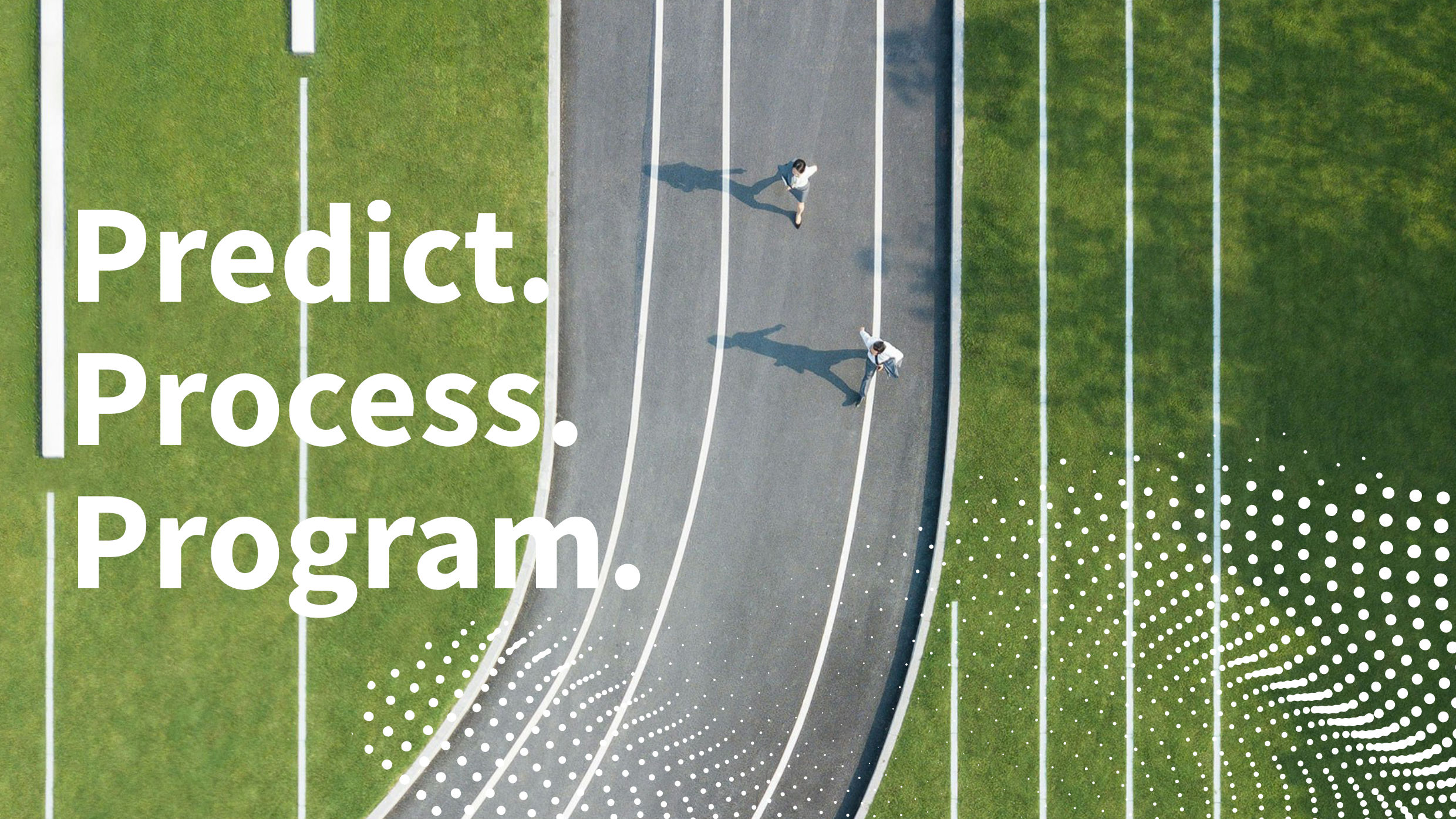Data Science

Big data and data-based decisions are among the greatest challenges facing us both today and in the future, given the lightning speed at which data is gathered, the vast quantities in which it is stored, and the constant new ways in which it is linked. How are these large and complex stocks of data processed and made usable? And how do you extract knowledge from data?
You have laid a foundation by completing your Bachelor's studies. At Master's level, you will deepen your knowledge through more practical-oriented work. In the Master's study program in Data Science, you will learn how to carry out professional analyses of large data quantities, recognize patterns, demonstrate relationships, and prepare results in appealing, interactive formats.
Drawing on techniques and theories from a range of fields including statistics, informatics, and cognitive sciences, this will give you the foundations for making strategic and operational decisions for individuals, companies, organizations, and society as a whole.
You will also learn how to analyze non-standard problems yourself, how to use independent means of acquiring the knowledge you need to do this, and how to design and use appropriate systems and solutions.
Classes in the Data Science major study program will cover the following topics:
- Data Management
- Algorithms
- Advanced Statistics and Machine Learning
- Data Visualization
- Ethics
Career prospects and further degree programs
With a Master's degree in Data Science, you will be one of the few informatics specialists in Switzerland who specialize particularly in analyzing and processing data – a field with a huge amount of potential for the future. The spectrum of potential employers ranges from major companies in the service sector and international IT companies to specialized small firms.
Moreover, graduates with the right aptitude have the opportunity to complete a doctorate, an outstanding foundation for an academic career.

Data Science is available as:
Major program (90 ECTS credits)Can be combined with the following minor programs: |
|
|
Business and Economics |
Informatics |
| Banking and Finance | Informatics |
| Business Administration | Information Systems |
Minor program (30 ECTS credits)Can be combined with the following major programs: |
|
| Business and Economics | Informatics |
| Banking and Finance | Artificial Intelligence |
| Business Administration | Information Systems |
| Economics | People-Oriented Computing |
| Management and Economics | Software Systems |
Minor program for students from other faculties (30 ECTS credits) |
| This minor study program can be combined with a major study program in accordance with the provisions set out in your program. |